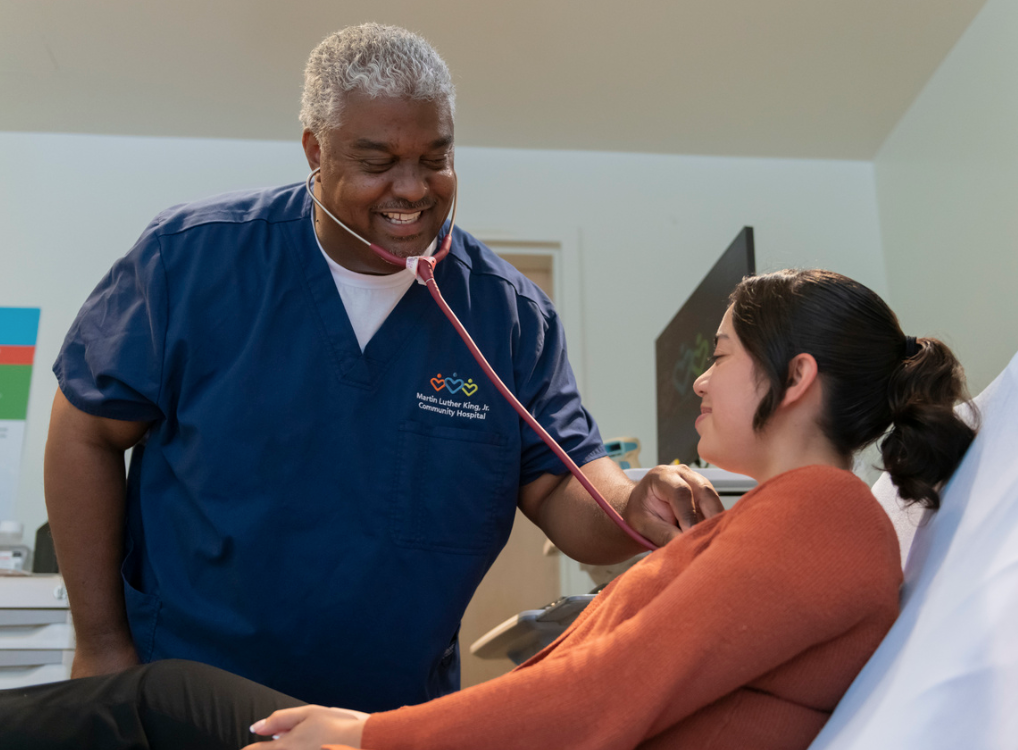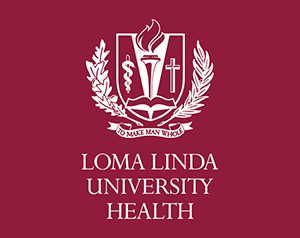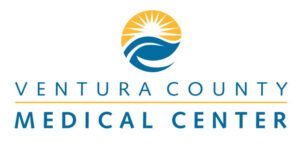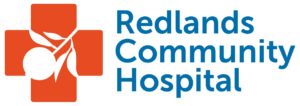My Specialty
Emergency Nursing, Jesse Lynwood, MLK Community Healthcare
Adaptability is key for a nurse leader caring for a hard-hit community

Jesse Lynwood III, RN, MSN, PHN
Asst. Nurse Manager, Emergency Dept. & Clinical Observation Area
MLK Community Healthcare, Los Angeles
Please share the arc of your nursing career. What drew you to emergency nursing?
I was a reserve firefighter and EMT, and the ED had a very similar pace to what I experienced in those roles. I was drawn to emergency nurses’ advanced ability to help quickly stabilize patients in stressful situations.
How did your experience as an EMT and firefighter prepare you to become an ER nurse?
I believe I brought a calmness to my practice. I used to tell ED nurses that EMTs and paramedics have it really hard, stabilizing people in the field and during transport. By the time the ED receives patients, they’re often semi-stable. Having had EMT experience helps me to visualize what happened in transit, which provides me with insights that can be helpful in terms of what needs to happen next.
How did you eventually land at MLKCH?
When I was working as an EMT, I knew a few nurses and RTs who had transferred to MLK. They spoke about how this hospital was going to change the community for the better, and I wanted to be a part of that. During nursing school, I got a foot in the door as a sitter in the ED several months after MLKCH opened, and I continued from there once I graduated.
What kind of average patient volume does your ED handle?
Pre-pandemic, we used to see about 340 patients a day. Since the pandemic began, we’ve seen between 270 and 320 patients a day. During the COVID-19 surges, we were pushed out of ratio and forced to adapt to an ever-changing environment. Almost every day, we were receiving new guidelines, so we’ve had to be ready to pivot at any time.
How has the opioid crisis changed emergency medicine?
Our patient population has a lot of mental health and substance use problems. We board about 20 patients a day and treat just as many. We’ve been seeing enormous amounts of crack cocaine, heroin, oxycodone, fentanyl, meth and other illicit drugs. There’s also PCP here — we get those cases every week. The patient age range can be from older teens all the way up to 60 or 70 years old.













